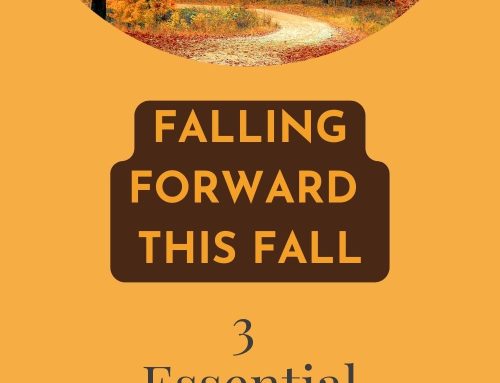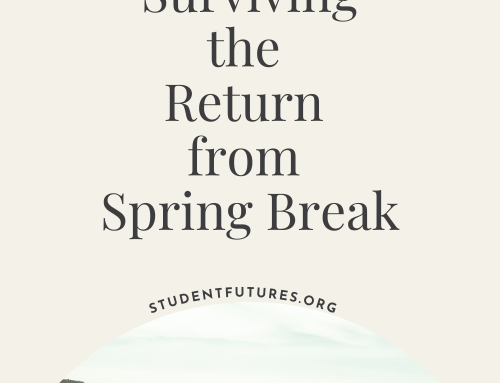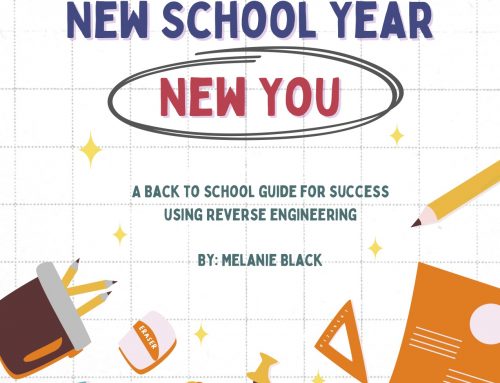“Reading is to the mind what exercise is to the body.” – Joseph Addison & Richard Steele
Make a Plan
The reality is if you want to get this work done over the summer you need to get organized.
- How many books do you have to read?
- What assignments do you have and how long will they take to complete?
- Look at a July and August calendar. Use a planner or simply print out a copy of the calendars.
- Work backwards
- Knowing how long it will take to complete your assignments when should you start them? Mark that on your calendar. Mark the days you will work on them.
- Knowing how many pages or chapters are in each book(s) decide how much reading you will need to complete each day and week. Mark you calendar with what pages you will read on specific days. Write a time if possible too.
Be an Active Reader
I am not going to tell you to use a popular strategy with a cool acronym like SQ3R. While I think SQ3R is a great system for reading, it’s too time consuming. You need to be an active reader, someone who interacts with the text, while maximizing your time. A major part of this is taking efficient notes while you read, which is essential to your success. You have to decide what note taking strategy works best for you and use it. Mark your books, take notes, use stickies, etc. Active reading will make your later study sessions easier!
Do Your Assignment(s)! Follow the writing process.
Prewriting
It’s brain dump time! Write down everything you know about the topic. This is not neat and tidy! It can be in the form of a mind map or outline if that helps. You are simply jotting down what comes to your head about the topic. Additionally, write down some questions to guide your writing. What would someone ask who wants to learn more about the topic? What do you still need to know about this topic?
*Be careful not to get caught up in finding sources. You need 2 per point. Use helpful sites like Google Scholar or Microsoft Academic, and keep track of your by saving all relevant information.
Drafting
Start writing your first draft.. Write out sentences and paragraphs. Do not focus on things like spelling and grammar. Even if unrelated thoughts pop into your head write them down as you go. It will help you stay focused and on track with completing the draft. Your first draft is not going to be great and that is exactly how it is supposed to be so get writing and don’t worry if you mess up.
Revising
“Writing is easy. All you have to do is cross out the wrong words.” Mark Twain
Read you first draft. Mark it up as you go. Underline things, cross stuff out, make notes, etc.. This is your time to think, organize your thoughts, and focus on the reader’s needs and expectations. Make connections between ideas clear. Do any concepts need further explanation or defining?
Editing
Check spelling, punctuation, and grammar and correct any errors. Use spell check! Check citations and format before submitting.
Publishing
Submit your work and be proud of your efforts. Breathe.
Reward Yourself
How will you reward yourself for your hard work? Decide on your reward and post it somewhere you will notice it daily. You need the reminder. The reminder of the reward is motivating.
POWERFUL Questions
What strategies do you currently use while reading that are helpful?
What action steps can you take to improve your reading process?
How does the way you read affect your future?
 Melanie Black is an Associate Certified Academic Life Coach and mindfulness educator. She is passionate about helping others and learning all she can in the process. With ten years of experience in the field of education, she is determined to help students succeed in school and life. “ One of my goals is to continue to be a humanitarian who helps our local community. I am passionate about my relentless pursuit of knowledge and desire to help others.“
Melanie Black is an Associate Certified Academic Life Coach and mindfulness educator. She is passionate about helping others and learning all she can in the process. With ten years of experience in the field of education, she is determined to help students succeed in school and life. “ One of my goals is to continue to be a humanitarian who helps our local community. I am passionate about my relentless pursuit of knowledge and desire to help others.“






